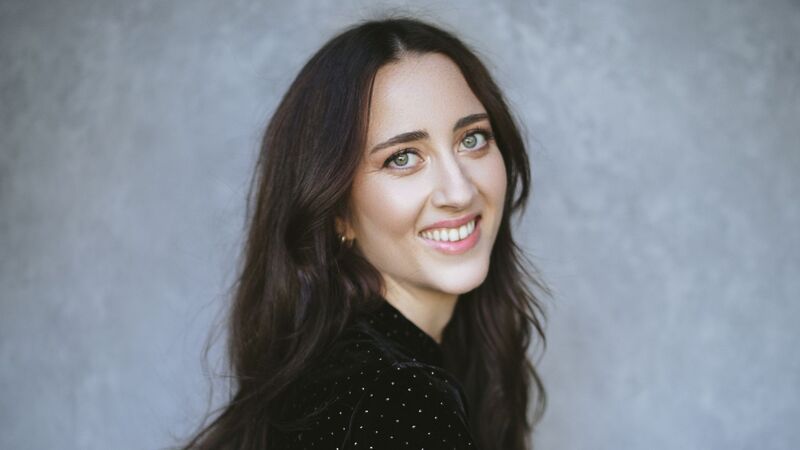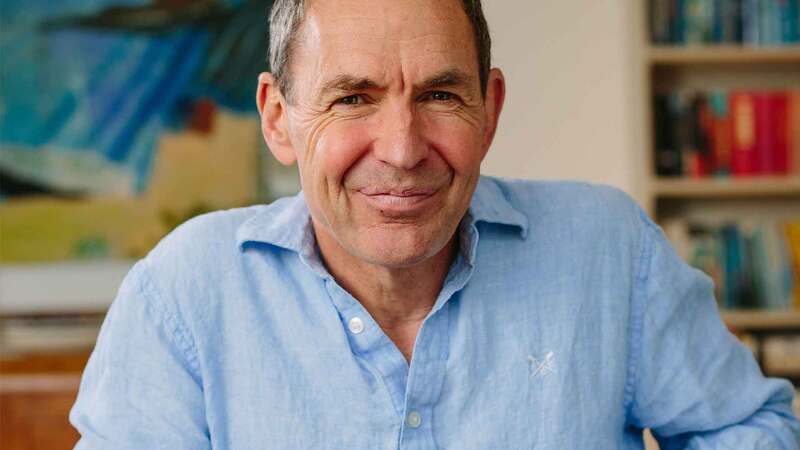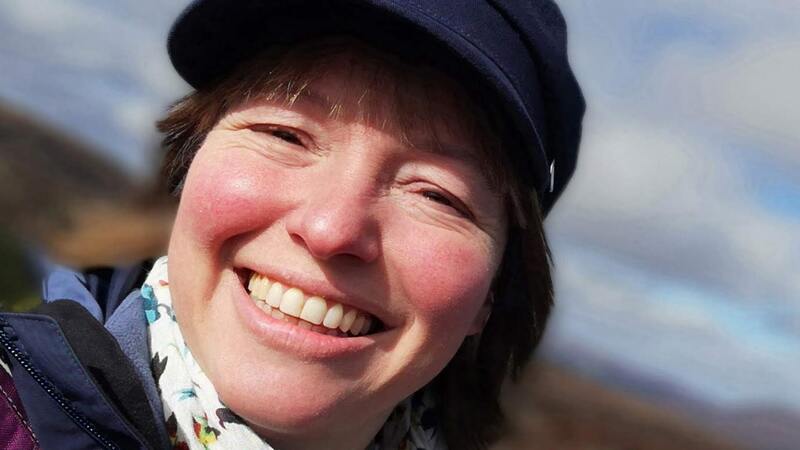You are viewing your 1 free article this month. Login to read more articles.
Books in the Media: My Body by Emily Ratajkowski dominated the media this week
My Body by Emily Ratajkowski (Quercus) dominated the media this week as her essay collection featured in the Guardian, Telegraph, Times, Evening Standard, Financial Times, New York Times, New Statesman, Independent, Observer, Atlantic, Forbes, New Yorker, iNews and Irish Times.
The Financial Times’ Mia Levitin applauded the book saying, “by unpacking the paradoxes of capitalising on the male gaze in the Instagram era, Ratajkowski offers a fresh perspective on an age-old problem”.
In the Telegraph Tanya Gold hailed the book for feeling “revolutionary” giving it four out of five stars: “My Body is the end of Ratajkowski’s disassociation. She doesn’t answer the question: what is a woman for? How can she? It is a universal question. But at least she asks it, and it feels revolutionary.”
iNews’ Sarah Carson described Ratajkowski’s essays as “lucid, often self-indulgent and at times remarkably candid and raw: not only in revealing less-than-complimentary truths about her small, close family but about how inseparable her beauty has become from her sense of self”.
Over at the Guardian, Ratajkowski featured on its "Today in Focus" podcast. The Guardian also ran an extract from her book.
At the Observer it was named book of the week as Eva Wiseman said: “The tone is that of a thriller or horror film – the sense something terrible is looming, perhaps in the waves, perhaps in her phone, perhaps in her body.”
The Evening Standard’s Phoebe Luckhurst said My Body is “a quietly furious disquisition on flesh and capitalism, and the queasy commodification of women’s bodies, by a woman whose perfectly proportioned one has won her fame, acclaim, piles of money — and in turn, a fragmented, dissociative relationship with it. Extraordinarily perhaps, it is (often) sympathetic, (fairly) self-aware — and in an age of simplistic outrage, (quite) nuanced.”
Sarah Manavis from the New Statesman critiqued the essay collection saying: “Ratajkowski writes knowingly about the misogyny that is fundamental to the industry – such as having her teenage body sized up by middle-aged men, being forced to watch porn with a potential client, and being assaulted – but rather than unpack the ways in which this is bad for women and models, she discusses modelling as a vehicle for empowerment. She was also interviewed by Ellen Peirson-Hagger for the publication.
Sophie Gilbert also critiqued the book for the Atlantic: “My Body sits in this liminal space between reappraisal and self-defense. It’s a fascinating work: insightful, maddening, frank, strikingly solipsistic.”
The New Yorker’s Carrie Battan also discussed the collection saying “In her new essay collection, aptly titled 'My Body' after her foremost preoccupation, Ratajkowski attempts to reckon with how her appearance has shaped her personal relationships, her career, and her psyche.”
www.thebookseller.com/sites/gracebanks/2021/11/13/sex-power-and-fetishisation---emily-ratajkowski-on-the-controversy-over-her-body/?sh=75954da86258">Forbes’ Grace Banks said “My Body explores the knotty status of being a woman who monetizes her looks and how even when working on supposedly artistic projects, her image is still taken and re-imagined over and over again, without her permission.”
Ratajkowski also featured in a few interviews in the US and UK. She was interviewed by the Times’ Megan Agnew where they talk about her want for control “because there have been too many times in her life when she thought she had lots and claimed she had lots, but really she had very little.”
Laura Kennedy also interviewed Ratajkowski for the Irish Times.
Over the last few weeks Emily Ratajkowski has featured four times in the New York Times. Molly Young critiqued My Body calling the essays “serious, personal, repetitive and myopic.” She was interviewed by Lauren Christensen at the end of October and this week by Andrea Long Chu. Melissa Febos also reflected on the book for the publication in her article "Memoirs of Womanhood by Emily Ratajkowski, Toufah Jallow and N West Moss" saying the memoir “offers a lucid examination of the mirrors in which its author has seen herself, and her indoctrination into the cult of beauty as defined by powerful men".
Emily Ratajkowski will embark on a UK book tour at the end of November.
The Fell by Sarah Moss (Picador) was the most reviewed fiction book this week picking up mentions in the Guardian, Telegraph, Times, Daily Mail, Financial Times, iNews, Irish Times and Scotsman.
The Telegraph’s Lucy Scholes gave the novel four out of five stars while saying: “The Fell is accomplished, and I think it will stand the test of time – cracking open its spine 10 or 20 years from now will be like opening a time capsule.
Sarah Ditum reviewed The Fell for the Times and said: “Moss can write so compassionately about human frailty while her own work is as close to perfect as a novelist’s can be.”
Moss’ latest book also featured in the Guardian. Hephzibah Anderson said “with its unwavering interiority and meticulously excavated disquiet, The Fell is a novel certain to be seized upon by scholars in the future.”
The Scotsman’s Roger Cox said: “The Fell may only run to 180 pages, but all of lockdown life is here, from everyday negotiations over simple things like offering someone a plate of biscuits, to major philosophical questions around rights and responsibilities.”
In the Irish Times Mia Levitin said “The Fell conveys the particular anxieties of the time: the precautions about touching surfaces, the financial stress of furlough and the dread of denunciation by neighbours.” Alex Clark also interviewed Sarah Moss for the Irish Times.
Finally, in the Financial Times, Luke Brown critiqued the novel saying: “This is a short novel but it is not compressed: there is little plot and so the pages are filled with descriptions of the quotidian.”

















